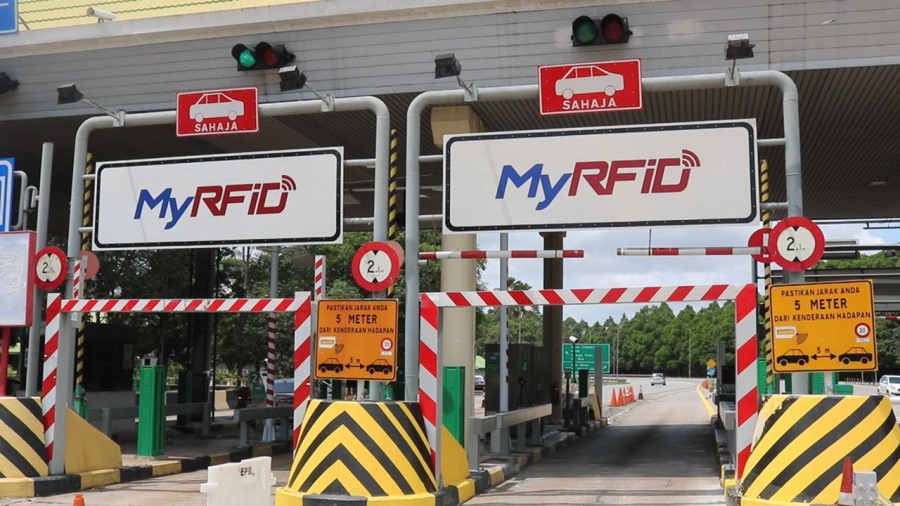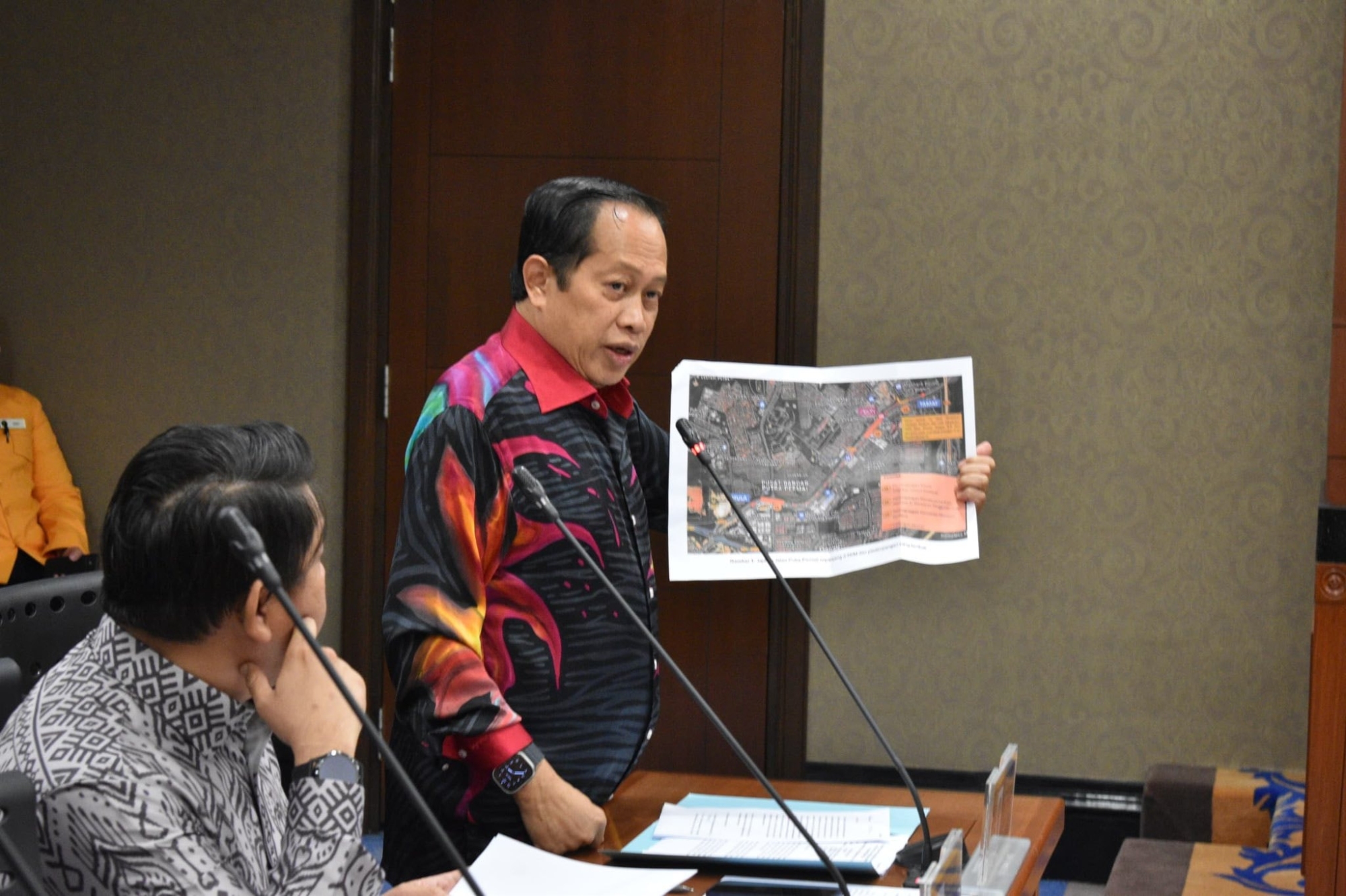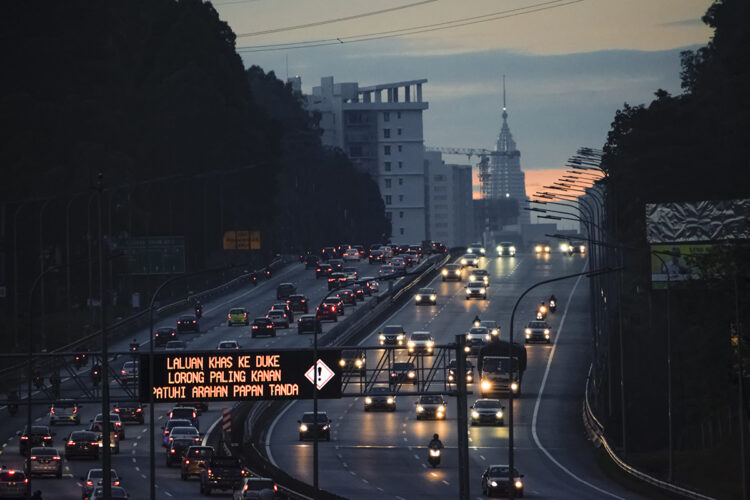Deputy Works Minister Datuk Seri Ahmad Maslan stated in Parliament today that the business-to-business (B2B) model will be used for the Multi-Lane Fast Flow (MLFF) toll collection system. He also added that there will not be any financial contribution from the government to establish the MLFF system.
“The government remains committed to implementing the MLFF system via a B2B model, with no financial burden on the government,” Ahmad Maslan said. “Private service providers will be allowed to negotiate directly with the 33 existing highway concessionaires.”

In the meantime, he stated that the ministry is focused on upgrading existing RFID lanes and has implemented open payment systems (SPT), enabling the use of debit and credit cards at toll booths to offer greater payment flexibility. He also added that the RM3.46 billion projected cost will not materialise due to the B2B model. “This means that not a single sen of government funds will be involved,” he said, addressing the recent concern raised by the Public Accounts Committee (PAC) on the projected cost.
For the moment, the Works Ministry has given a two-year deadline for the private companies to finalise their negotiations and offers with the highway companies. This deadline fits the timeline announced by the ministry’s Secretary-General, Datuk Seri Azman Ibrahim, for implementing the MLFF toll system.

On the other hand, Ahmad Maslan also pointed out that a trial of the MLFF is being conducted as a proof of concept (PoC). The trial is taking place at the Alam Impian toll plaza on the Kemuning–Shah Alam Expressway. It also involves the installation of gantries and other supporting infrastructure, as it is a collaboration with Touch ‘n Go and CIMB.
The Deputy Works Minister also noted that a combination of radio-frequency identification (RFID) and automatic number plate recognition (ANPR) technology will be used to identify all vehicles and handle toll evasion. He said this in response to a question by Tanjong Manis MP Yusuf Abdul Wahab.
(Source: Malay Mail)


